Community Led Local Development
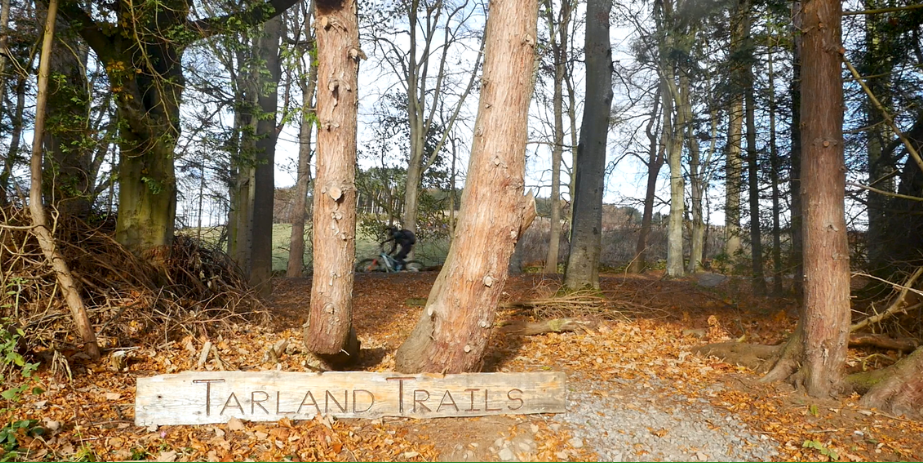
Community Led Local Development
‘Community Led Local Development’ or ‘CLLD’ gives local communities the power to tackle their own, local challenges. By building knowledge and skills, supporting new ideas and encouraging cooperation, CLLD helps to create viable and resilient communities.
Aims
CLLD aims to address social, environmental and economic issues and include actions affecting rural and island communities to:
- drive community action on climate change
- enhance rural services and facilities, including transport initiatives
- enhance natural/cultural heritage, tourism and leisure
- support food and drink initiatives (for example short supply chains, community food)
- build co-operation with similar groups in Scotland, UK and Europe
- empowering communities to exchange learning and knowledge with each other, realise their potential and build opportunities for all
Local Action Groups (LAG) manage CLLD funding across rural and island Scotland. There are 20 LAGs in total made up of local people and organisations working to improve life in their communities. Details of the LAG structure can be found at: Local Action Group (LAG).
CLLD 2025/26
The Scottish Government has allocated £9 million of funding for financial year 2025/26 within its budget published on the 4 December 2024.
Of the £9m allocation, £6.1m is allocated to capital expenditure, and the remaining £2.9m for revenue.
During 2025, Scotland’s Rural College (SRUC) will lead a review of Community Led Local Development (CLLD). This review and evaluation will also encompass Scottish Rural Action (SRA) and the Scottish Rural Network (SRN).
The work will propose options and recommendations for future community support which will inform the delivery of the Agriculture and Rural Communities (Scotland) Act 2024. Supported by the University of the Highlands and Islands (Perth) and Ipsos Scotland, the SRUC-led research team will be consulting widely across rural Scotland. Find out more here
Helping to inform this work and also explore how LAG areas might work more collaboratively, a CLLD workshop held in Glasgow on the 12 June 2025.
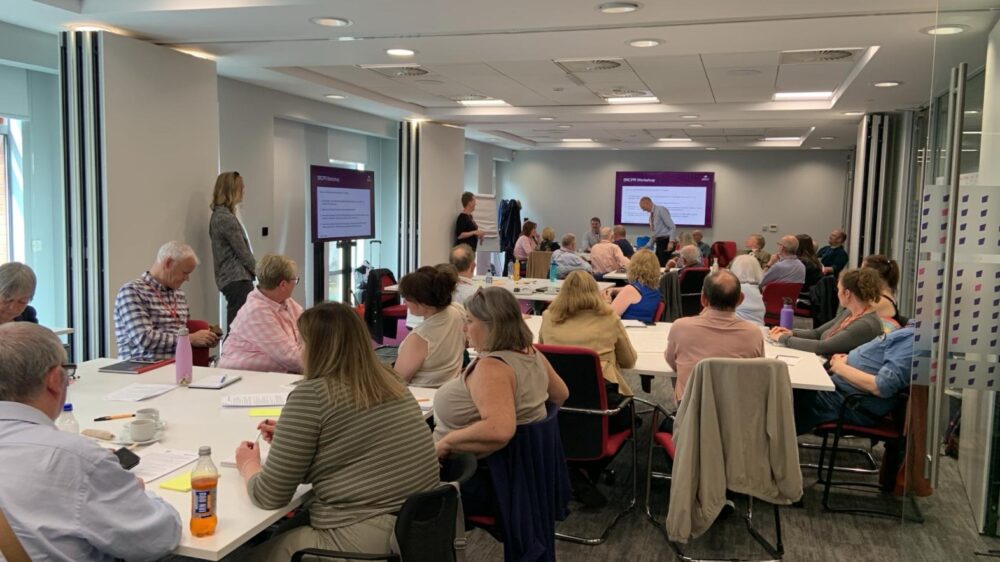
Stage 1 and 2 of the Scottish Rural Communities Policy Review have been published. Details here
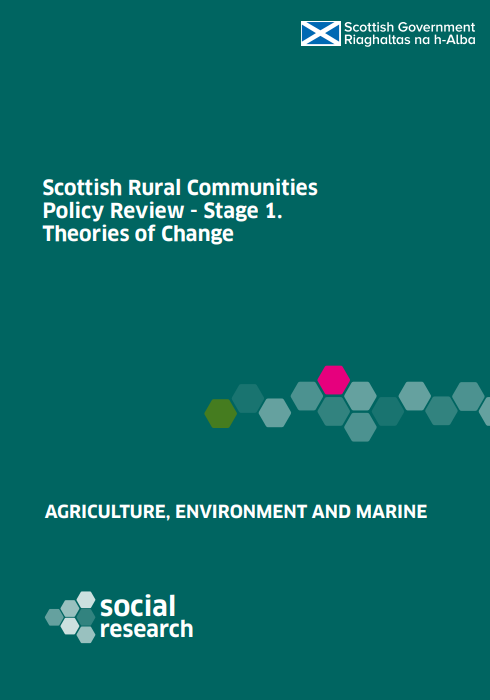
CLLD 2024/25 budget
The Scottish Government committed to sustaining resilient and thriving rural and island communities and ensuring that local voices shape and drive community development. It made a budget commitment to invest a further £12.2 million in rural and island communities to continue to support CLLD and similar initiatives in 2024/25. Of the £12.2 million budget, £6.9million is statutory funding for CLLD.
This funding was released in tranches with Tranche One funding totalling £6.65 million distributed to Local Action Groups (LAG) over May/June of 2024. This consisted of £2.9m capital and £3.75m resource for allocation to LAGs. The remaining £250k of funding was been allocated for a review of CLLD, Scottish Rural Action (SRA) and the Scottish Rural Network (SRN) in 2024/25 (details here).
Tranche Two of funding was announced in November 2024.
You can find a breakdown of LAG allocations for financial year 2024-25 here.
To help inform development of CLLD within 2024-25 a CLLD workshop was held in Glasgow March 2024. The event was hosted by Angus Rural Partnership (ARP) and support by the Scottish Rural Network (SRN) and was open to LAG chairs (or Vice Chairs) and CLLD Coordinators and followed a series of discussions between the CLLD community in late 2023, which identified a need for the CLLD network in Scotland to consider how best to work collectively and strategically to lead the implementation of CLLD going forward (the event report can be found here)
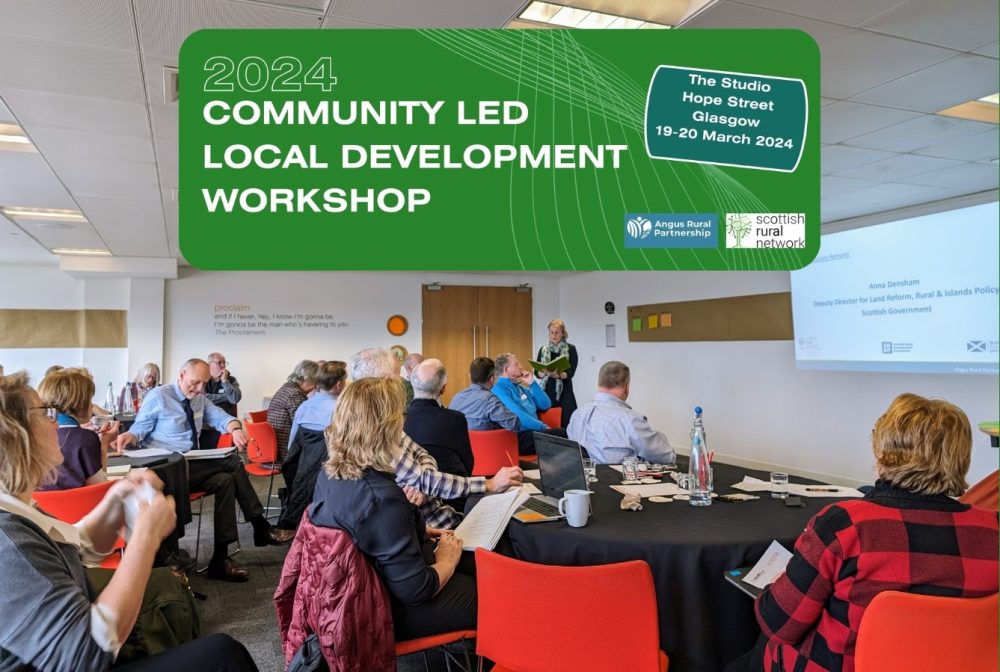
CLLD 2023-24
The Scottish Government committed £11.6 million of funding for financial year 2023-24 to support CLLD across rural and island Scotland, which included a first tranche of statutory funding (£6.7m) ringfenced for resource use by the CLLD Local Action Group (LAG) network.
A top up of £2.9m capital for use by LAGs was allocated, bringing the total amount of funding directed to the LAGs to £9.6m. A breakdown of allocations per LAG can be found here
Of the remaining funding, £900,000 was approved to support collaboration activities between LAGs and foster better partnership working. The remaining £1.1m was later realigned to meet the emerging Scottish Government priority of “path to balance”.
The Final Evaluation Report is available below:
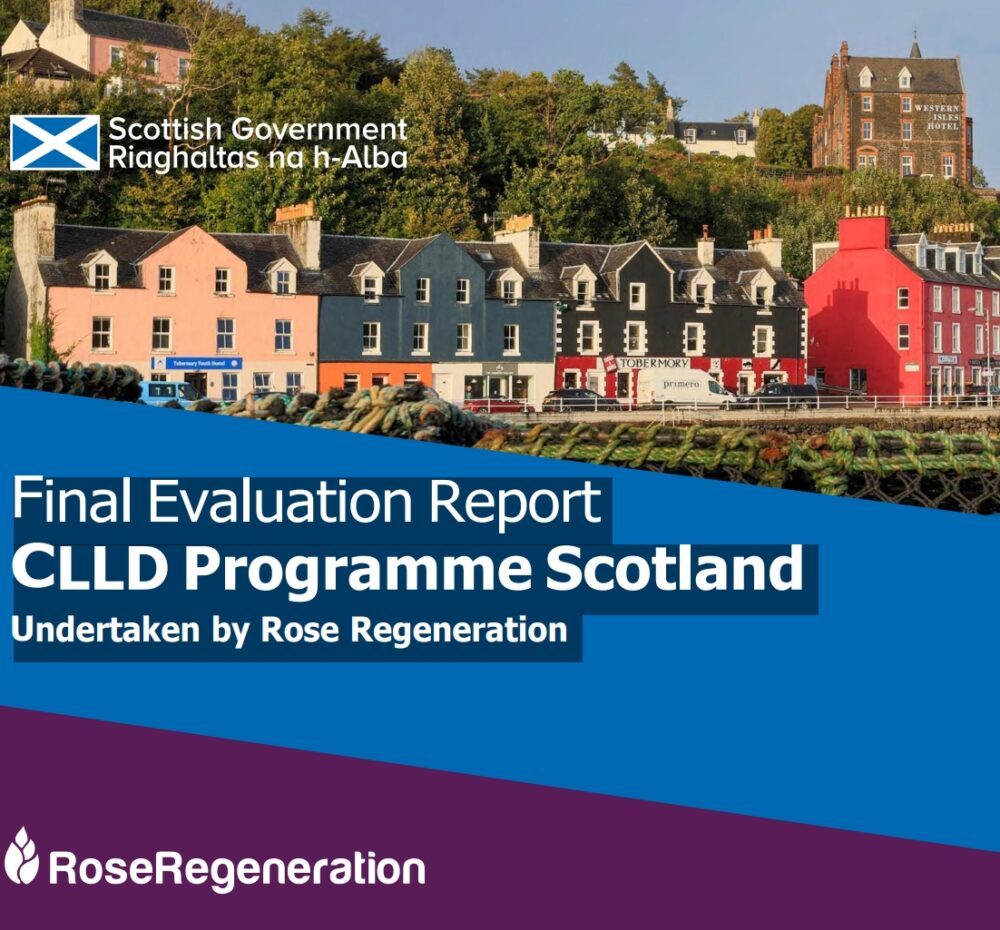
In April 2023 a national CLLD conference was hosted by SRN in Aviemore and brought together a range of CLLD stakeholders from across Scotland including LAG representatives, operational delivery teams, government policy leads, community led organisations and national interest groups.
The outputs of the conference, along with wider evaluation by external organisations, have helped inform the policy development of CLLD.
Key outputs can be found below:
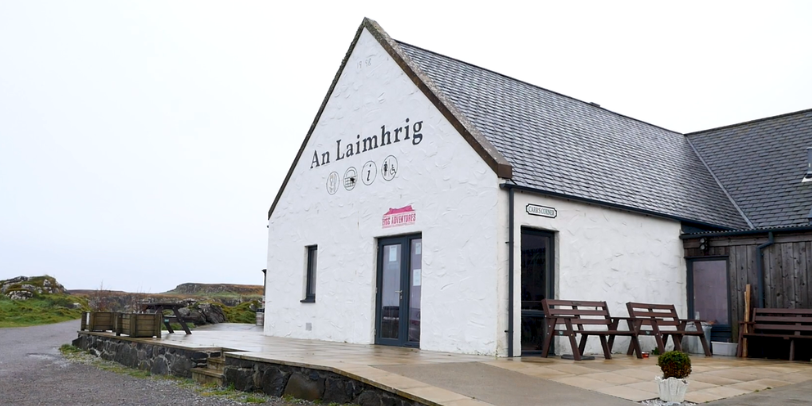
CLLD 2022-23
This follows on from £11.6 million of CLLD funding over 2022-23 which was delivered in two tranches:
- £8.6 million was allocated to LAGs to support CLLD within their areas through the Rural Community Led Fund (RCLF). A breakdown of the funding allocations across the LAG network can be found here.
- £3 million of funding open to community groups delivered by Inspiring Scotland through the Rural and Island Communities Ideas into Action (RICIA) fund (the application window for RICIA closed on 10 October 2022).
Community Led Local Development in action
There are great examples of CLLD impacting positively to support rural communities and businesses – you can find a selection of case studies about CLLD at the Case Studies section of the website.
CLLD funding supported improvements to Kilmuir Hall, Isle of Skye
LEADER Legacy

CLLD funding across Scotland has been supported through the former LEADER programme for nearly 30 years.
The funding builds on the positive legacy of the LEADER Programme funding and the learning of two test of change pilots which were delivered in 2021-22 – the ‘Rural Communities Testing Change (RCTC)’ and the ‘Rural Communities Ideas into Action (RCIA)’ funds. These funds jointly made £3.3 million of funding available to test future approaches to CLLD in rural and island communities in Scotland.
Funding was awarded by LAG to projects that supported delivery of a Local Development Strategy. The RCIA Fund was delivered in partnership with Inspiring Scotland and was open to all relevant community groups .
Learning was drawn from the Scottish Rural Collage evaluation of the RCTC and additional recommendations by the James Hutton Institute. An end fund report for the RCIA fund was also published, which reviewed delivery by Inspiring Scotland and made a range of recommendations regarding future CLLD funding delivery (viewable here).
The RCTC fund was made available to LAGs to enable them to build on the positive legacy of LEADER while using their experience to properly innovate and test change. An example of this approach can be seen in the way that the Ayrshire LAG embraced the funding model through the establishment of the Ayrshire Rural and Islands Ambition (ARIA) fund which enabled a wide range of community led projects to access funding (more information about ARIA here).
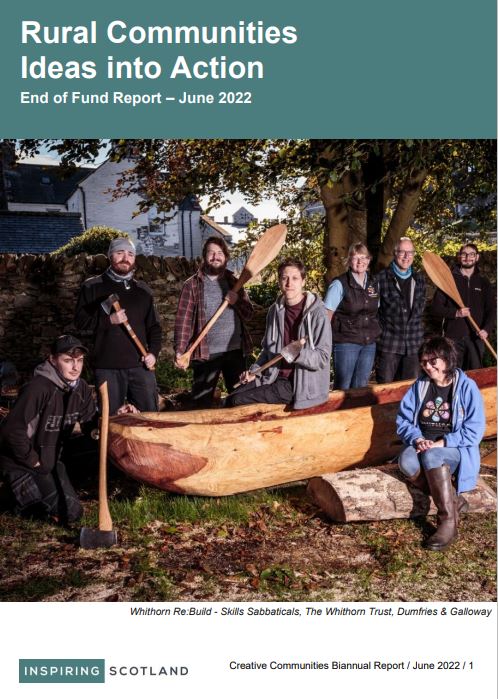
Leader 2014-20
LEADER 2014-2020: process evaluation – LEADER 2014-2020: process evaluation – gov.scot
From 2014 to 2021, the LEADER scheme awarded £78 Million to over 900 rural community projects throughout Scotland.







